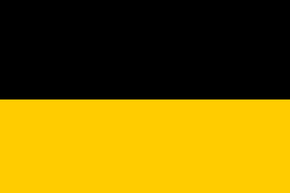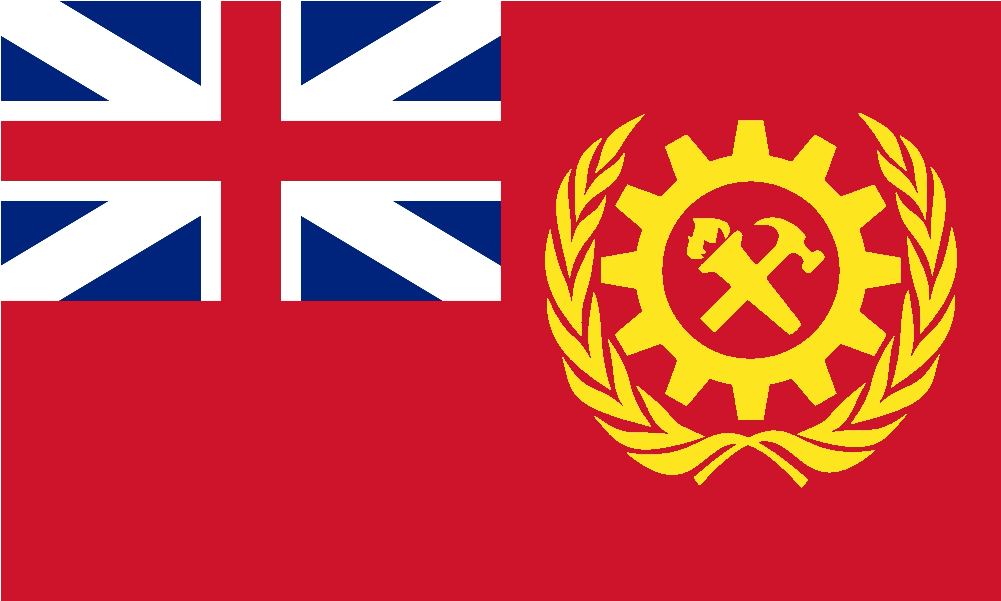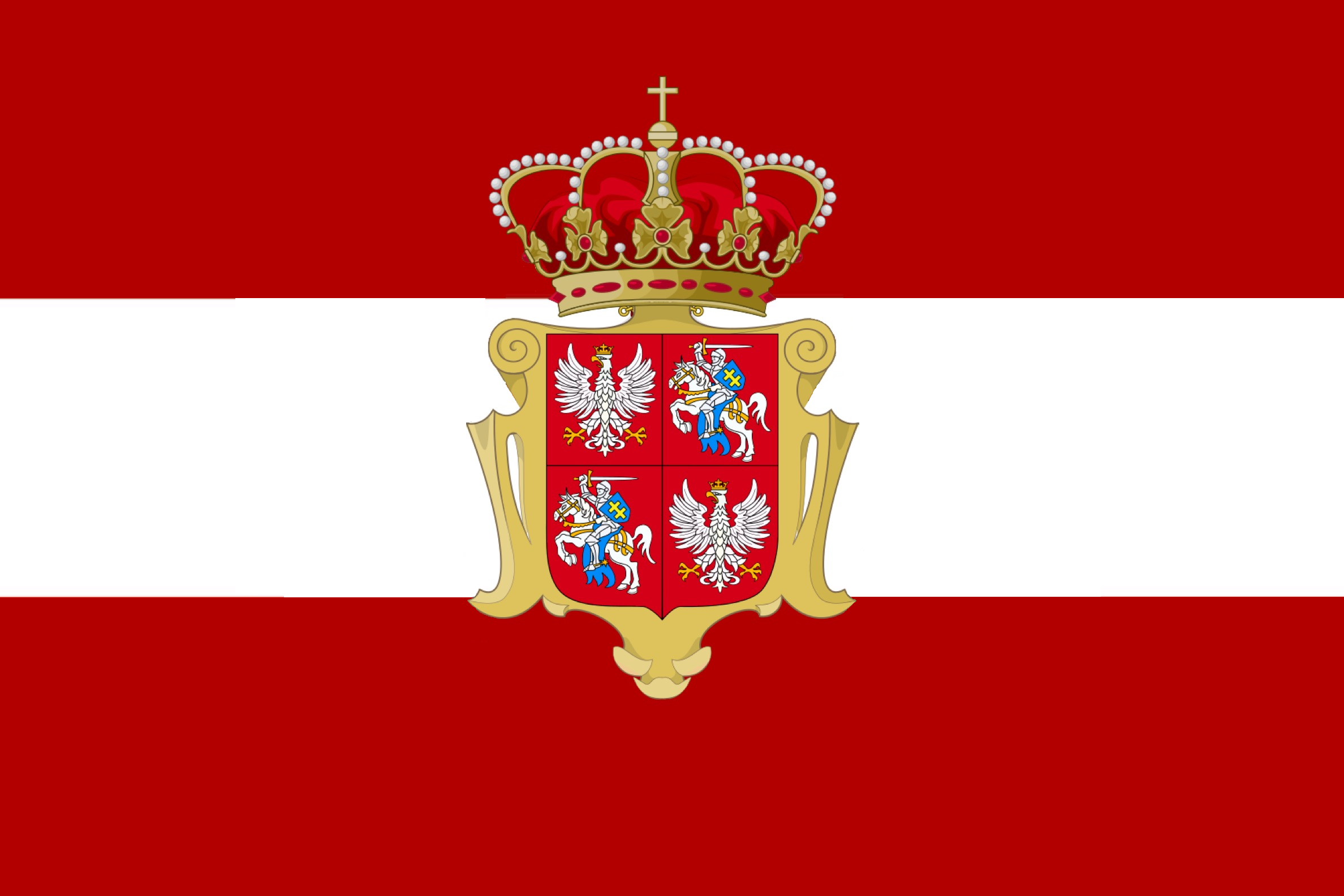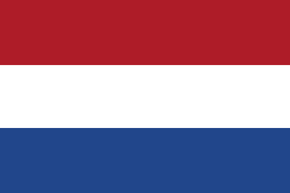MongHead
New Member
Japan
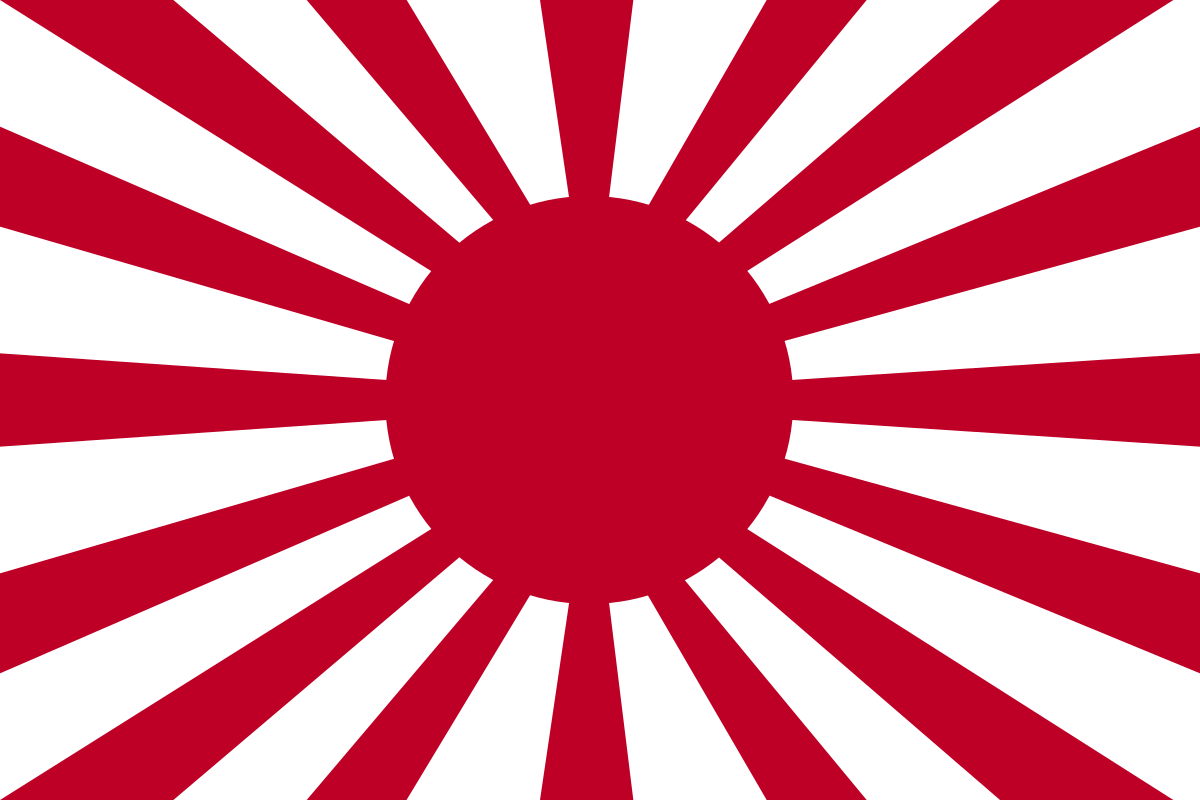
Domestic:
Segments loyal to the Japanese Emperor take the opportunity to overthrow the military Junta. Supporting the peoples protests in re-establishing the constitutional monarchy within the country. In the early hours, the Japanese military, loyal to the Emperor, raided the Diet once more, taking the rouge sects of the Japanese military under arrest, while heavy fighting ensued where the rouge military groups refused to relinquish power. Eventually, the Japanese military freed the politicians that were arrested, and the government was re-established. The military units responsible for the initial coup de'ta were given swift verdicts of death or life sentences. In the sentencing, it was revealed that the military had held the Emperor under house arrest, and hostage, forcing him to support the junta. The General responsible, stated that the military started the coup because they had lost faith in the government, and the Emperor in creating a brighter future for the Japanese Empire.
The masterminds of the coup were all current or former military officers, who had given false orders to the infantry divisions, who respectfully followed their superiors orders. Having little to no idea about the real reason for the coup. When word had spread of the true intentions of the coup, most of the Imperial Army simply sided with the civilians and began to protest the generals and officers, and eventually free the Emperor.
In an address to the nation, Emperor Hirohito tells the Japanese people that he never supported the coup. And apologizes to the Japanese people for not being strong enough to foresee sedition within the ranks of the military. The Emperor calls out for unity from the Japanese populace as the Empire that it has established is in dire risk. He congratulates the people for standing up against the military coup, and asks for order and peace. Stating that martial law will remain in effect until the last of the civilian resistance groups lay down their arms, and the mass riots come to a stop. The Emperor also asks for more young men to enlist to the Imperial Japanese Army, in order to take back control of the Empire. In these trying times, the Emperor wishes for unity above all.
In his address to the diet, the Emperor once more apologizes to the politicians. In his address, the Emperor plans to shift the country to a more democratic society. A Constitutional Monarchy, where the Japanese people can have a voice.The constitution will have to be revised, but it will be a long process.
In Korea, Manchuria and Taiwan, news of the coup is eventually relayed to the military units still in the three territories. In Taiwan, the Japanese governor is released. In both Korea and Taiwan, the Japanese law enforcement are released, in order to assist the military in re-establishing order. The Japanese kempeitai agents work with the koreans, taiwanese and manchurians loyal to the Japanese occupiers, along with the wealthy within the countries who profited under Japanese colonialism, along with any who worked closely with the Japanese in order to recruit locals loyal to the Japanese, in exchange for profits and more benefits, including further Japanese cooperation. The agents plan on using loyal subjects in assisting them in re-establishing order within the territories. They request for the loyalists to cause chaos, as well as espionage against he rebels. The Japanese have promised each of them a pardon on their crimes, and will repay them in their loyalty.
The Second Fleet was sent to Taiwan, as a show of force, but also to assist the Japanese army in re-taking control. Fighters take off from the Shokaku and Zuikaku, as a symbol of terror and Japanese military might over the civilians.
In Korea, the First fleet is deployed, where the Akagi and Kaga launch their aircraft as force projection.
The fleets are given orders to not commence bombardment until given the green light from the military.
Industrial:
Wanting to emulate his German allies, the Emperor calls for his reforms to take affect. Universal education for all citizens of the empire, Japanese and non-Japanese, so that they can create a highly educated work force. The Implementation of better infrastructure plans by improving the road system, by creating mass transit roads to better connect cities in Japan. Improving living conditions with cleaner water,and better traffic laws. The Japanese are encouraged to have nationalism and patriotism, both for the Emperor and for Japan.
For now, the plans to improve infrastructure in Korea, Manchuria, and Taiwan are put aside in order to deal with the uprising.
The Emperor calls for 5 more civilian Factories, 5 more military factories, and 2 more naval docks.
The military factories are to produce japanese designed armored vehicles, and light tanks in order to create their own motorized and tank divisions.
Military:
IJN: The military requires that the navy have all 3 carriers, Katsuragi, Amagi, and Kasagi ready for battle by the end of the 4 months. Along with the 2 Fuji-class battleships, 2 more Tone-Class Armoured Cruisers, and the 26 Hatsuharu-Class destroyers, and 15 more i-15 class submarines to make up for their destroyer and submarine losses at Ecuador. Blueprints for 3 new classes of light cruisers have been finalized, and will begin construction once the first projects are done. The defeat at Ecuador was a wake up call for the IJN for aggressive modernization and research.
IJAF: The new KI-27 fighter, and the A6M Zero, Type 97, Type 99 No.1&2, Ki-21, Ki-30 blueprints are starting to take form. There is a request for up to 500 new KI-27 fighters to be built. Along with 100 new bombers.
IJA: The German advisers are used to train Japanese soldiers, and hopefully build 4 new infantry divisions. Along with 2 marine divisions.
Foreign:
Invasion: The IJN third fleet was order to intensify its bombardment. The order from Japanese command was simple. Break down the Siamese will to fight. The carriers Soryu and Hiryu are to use their aircraft to target siamese strongholds, and target military installations, including hospitals, convoys, supply lines, railroads. The IJN are to sink the rest of the Siamese fleet, while the IJA are to regroup.
Germany: The Emperor has requested for aid to the Kaiser. In military vehicles, and manpower in re-establishing order in Indochina. As well as Korea and Taiwan.

Domestic:
Segments loyal to the Japanese Emperor take the opportunity to overthrow the military Junta. Supporting the peoples protests in re-establishing the constitutional monarchy within the country. In the early hours, the Japanese military, loyal to the Emperor, raided the Diet once more, taking the rouge sects of the Japanese military under arrest, while heavy fighting ensued where the rouge military groups refused to relinquish power. Eventually, the Japanese military freed the politicians that were arrested, and the government was re-established. The military units responsible for the initial coup de'ta were given swift verdicts of death or life sentences. In the sentencing, it was revealed that the military had held the Emperor under house arrest, and hostage, forcing him to support the junta. The General responsible, stated that the military started the coup because they had lost faith in the government, and the Emperor in creating a brighter future for the Japanese Empire.
The masterminds of the coup were all current or former military officers, who had given false orders to the infantry divisions, who respectfully followed their superiors orders. Having little to no idea about the real reason for the coup. When word had spread of the true intentions of the coup, most of the Imperial Army simply sided with the civilians and began to protest the generals and officers, and eventually free the Emperor.
In an address to the nation, Emperor Hirohito tells the Japanese people that he never supported the coup. And apologizes to the Japanese people for not being strong enough to foresee sedition within the ranks of the military. The Emperor calls out for unity from the Japanese populace as the Empire that it has established is in dire risk. He congratulates the people for standing up against the military coup, and asks for order and peace. Stating that martial law will remain in effect until the last of the civilian resistance groups lay down their arms, and the mass riots come to a stop. The Emperor also asks for more young men to enlist to the Imperial Japanese Army, in order to take back control of the Empire. In these trying times, the Emperor wishes for unity above all.
In his address to the diet, the Emperor once more apologizes to the politicians. In his address, the Emperor plans to shift the country to a more democratic society. A Constitutional Monarchy, where the Japanese people can have a voice.The constitution will have to be revised, but it will be a long process.
In Korea, Manchuria and Taiwan, news of the coup is eventually relayed to the military units still in the three territories. In Taiwan, the Japanese governor is released. In both Korea and Taiwan, the Japanese law enforcement are released, in order to assist the military in re-establishing order. The Japanese kempeitai agents work with the koreans, taiwanese and manchurians loyal to the Japanese occupiers, along with the wealthy within the countries who profited under Japanese colonialism, along with any who worked closely with the Japanese in order to recruit locals loyal to the Japanese, in exchange for profits and more benefits, including further Japanese cooperation. The agents plan on using loyal subjects in assisting them in re-establishing order within the territories. They request for the loyalists to cause chaos, as well as espionage against he rebels. The Japanese have promised each of them a pardon on their crimes, and will repay them in their loyalty.
The Second Fleet was sent to Taiwan, as a show of force, but also to assist the Japanese army in re-taking control. Fighters take off from the Shokaku and Zuikaku, as a symbol of terror and Japanese military might over the civilians.
In Korea, the First fleet is deployed, where the Akagi and Kaga launch their aircraft as force projection.
The fleets are given orders to not commence bombardment until given the green light from the military.
Industrial:
Wanting to emulate his German allies, the Emperor calls for his reforms to take affect. Universal education for all citizens of the empire, Japanese and non-Japanese, so that they can create a highly educated work force. The Implementation of better infrastructure plans by improving the road system, by creating mass transit roads to better connect cities in Japan. Improving living conditions with cleaner water,and better traffic laws. The Japanese are encouraged to have nationalism and patriotism, both for the Emperor and for Japan.
For now, the plans to improve infrastructure in Korea, Manchuria, and Taiwan are put aside in order to deal with the uprising.
The Emperor calls for 5 more civilian Factories, 5 more military factories, and 2 more naval docks.
The military factories are to produce japanese designed armored vehicles, and light tanks in order to create their own motorized and tank divisions.
Military:
IJN: The military requires that the navy have all 3 carriers, Katsuragi, Amagi, and Kasagi ready for battle by the end of the 4 months. Along with the 2 Fuji-class battleships, 2 more Tone-Class Armoured Cruisers, and the 26 Hatsuharu-Class destroyers, and 15 more i-15 class submarines to make up for their destroyer and submarine losses at Ecuador. Blueprints for 3 new classes of light cruisers have been finalized, and will begin construction once the first projects are done. The defeat at Ecuador was a wake up call for the IJN for aggressive modernization and research.
IJAF: The new KI-27 fighter, and the A6M Zero, Type 97, Type 99 No.1&2, Ki-21, Ki-30 blueprints are starting to take form. There is a request for up to 500 new KI-27 fighters to be built. Along with 100 new bombers.
IJA: The German advisers are used to train Japanese soldiers, and hopefully build 4 new infantry divisions. Along with 2 marine divisions.
Foreign:
Invasion: The IJN third fleet was order to intensify its bombardment. The order from Japanese command was simple. Break down the Siamese will to fight. The carriers Soryu and Hiryu are to use their aircraft to target siamese strongholds, and target military installations, including hospitals, convoys, supply lines, railroads. The IJN are to sink the rest of the Siamese fleet, while the IJA are to regroup.
Germany: The Emperor has requested for aid to the Kaiser. In military vehicles, and manpower in re-establishing order in Indochina. As well as Korea and Taiwan.


